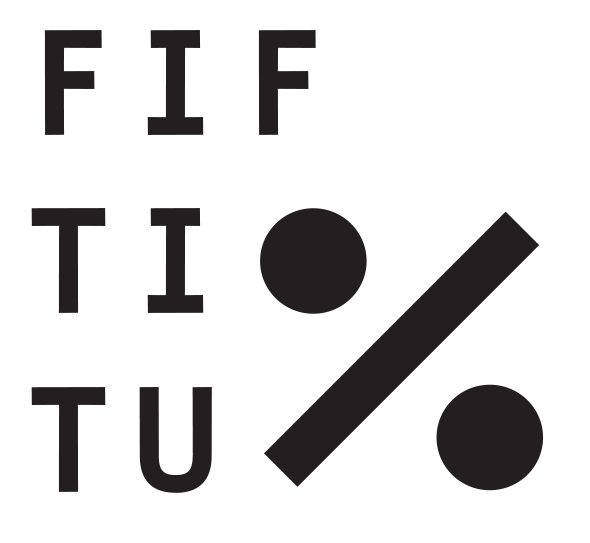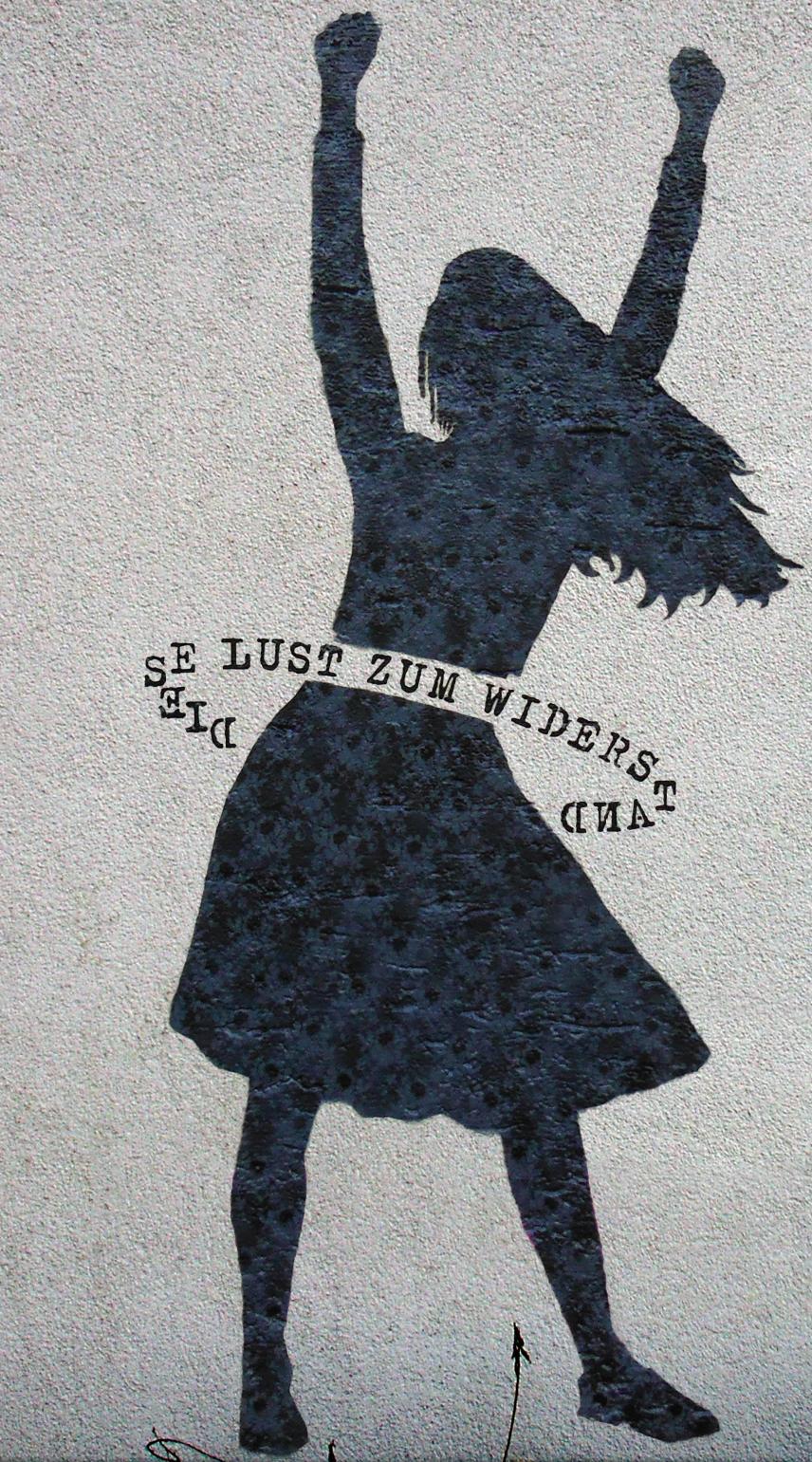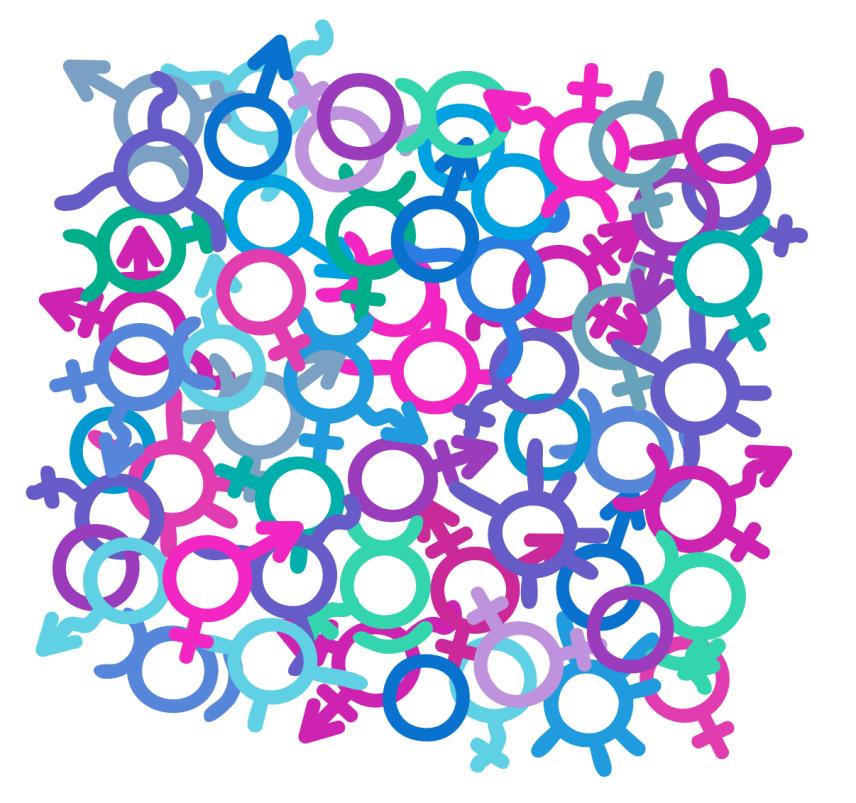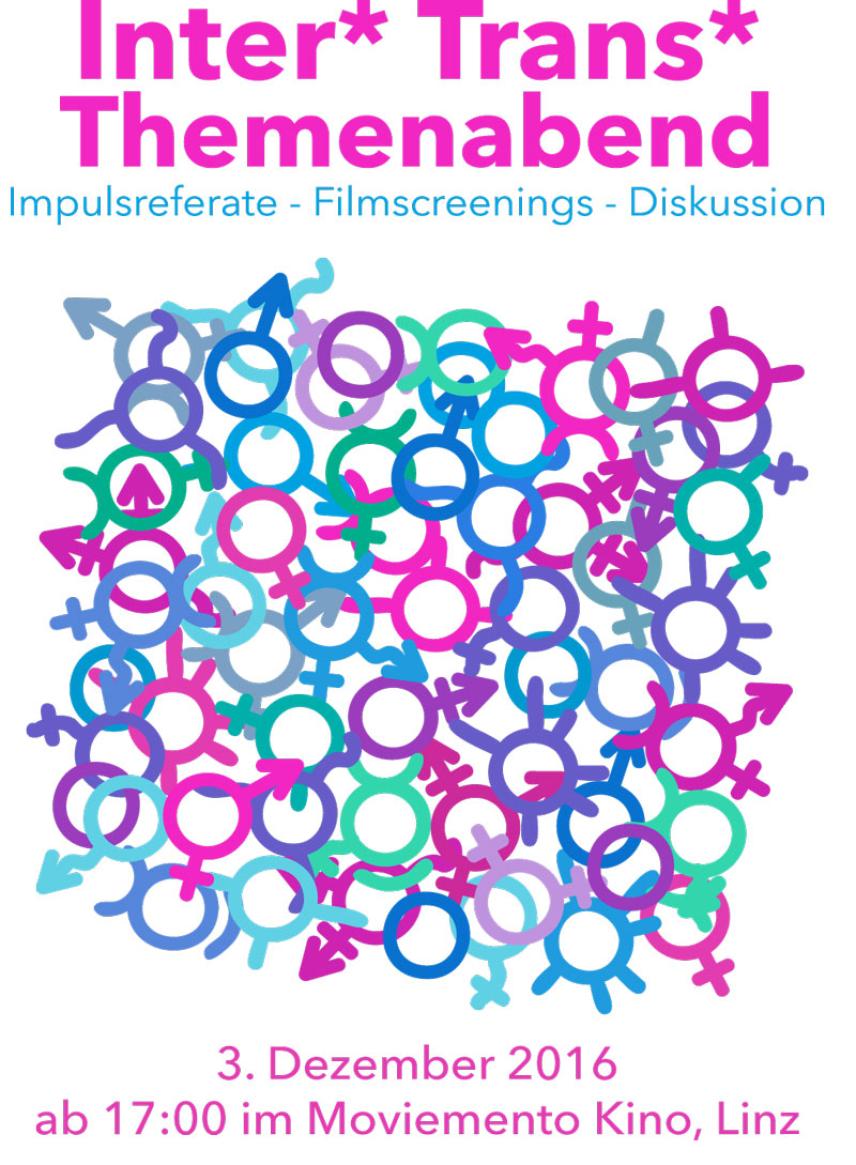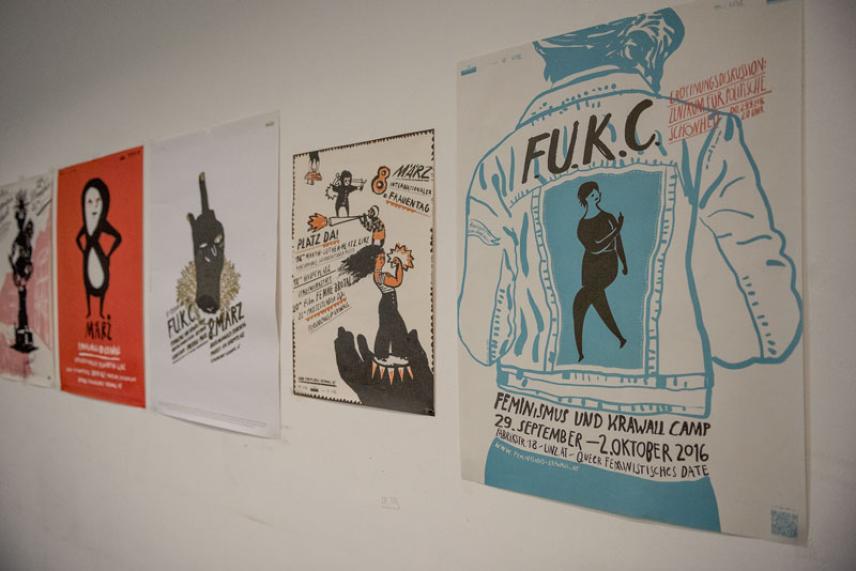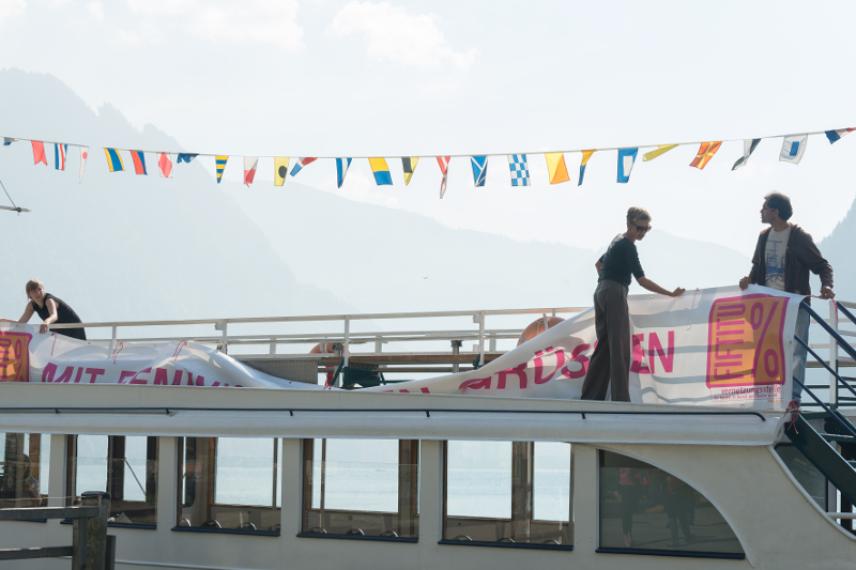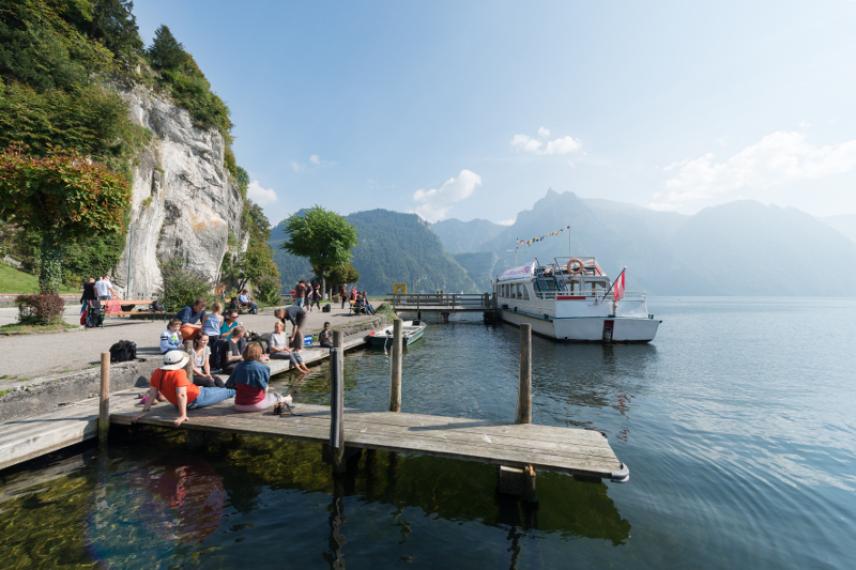Let`s stay in touch!
Make an appointment for a consultation!
FIFTITU% supports FLINTA✰ of all disciplines in artistic projects and careers.
Look at newsbase.at
Looking for funding? FIFTITU% provides information on newsbase.at about current calls for proposals in arts and culture.
Subscribe to the newsletter
The feminist newsletter provides information about FIFTITU%'s current activities at irregular intervals.
It's that time again - on Wednesday, February 15, 2017, there will be another discussion session as part of our language project entitled "Non-discriminatory language".
This time, we will be addressing the topic of "gender-neutrale and/or genderinklusive language"- what is it, what is the difference, how important is it, why is it important and who needs it?
We will meet again at the Infobeisl in the Willy*Fred Haus, Am Graben 3 in Linz, at 5.00 pm, and we will discuss until about 6.30 pm.
We look forward to seeing you there!
squeezed up
Sharon Dodua Otoo is a Ghanaian-British author, mother, activist and editor who received the Ingeborg Bachmann Prize last year for her text "Herr Gröttrup setzt sich hin". In early December 2016, she was a guest at the conference "UN|GLEICHHEITEN REVISITED - Conceptions and Interventions of Critical Gender Studies" at the University of Art and Design in Linz. There she read a story with geometric shapes.
"Language as a medium represents and transports gender binarity. The gender relationship is constructed through the perception of (gender) perception" (Luhmann 1997: 207).
Our daily language shows an absence of people who live in non-binary systems, or who identify themselves as non-binary and thus fall out of the category of the so-called "normal".
They cannot or do not want to meet the requirements of heteronormativity. Heteronormative language produces and fixes injustice. It standardizes behaviour and social expectations in relation to heterosexuality and belonging to a strict gender binary. And this necessarily implies oppression.
squeezed up
In early December, we attended the 4th annual conference of the Austrian Society for Gender Studies entitled UN|GLEICHHEITEN REVISITED - Conceptions and Interventions of Critical Gender Studies. In addition to numerous speakers, Nikita Dhawan, Professor of Political Theory at the University of Innsbruck, also gave a lecture. We listen to a recording of her lecture "Transnational Justice and Gendered Vulnerability: Feminist Politics and (Im)possible Solidarities". This article is in English.
////////////////////////////////////
4th ANNUAL MEETING OF THE AUSTRIAN SOCIETY FOR HUMAN RESEARCH ÖGGF
December 1-3, 2016, Johannes Kepler University Linz & University of Art and Design Linz
Keynotes: Stephanie Seguino (University of Vermont), Nikita Dhawan (University of Innsbruck)
squeezed up
The Marianne.von.Willemer Prize for Digital Media is a direct promotion of female artists. The City of Linz wants to support women who use digital media as a means of artistic expression and at the same time give them the opportunity to present their work to the public. The award is endowed with EUR 3,600 and is presented every two years by the Women's Office of the City of Linz in cooperation with the Ars Electronica Center and with the support of dorf TV.
Inter*Trans*Theme Evening Linz @ Moviemento Kino (OK Platz 1, 4020 Linz)
What often begins before birth is the question of our gender. We are constantly deciding between male and female, whether we are applying for a loyalty card, ordering a pizza or simply going to the toilet. What if it's not so clear-cut when it comes to gender?
From September 29 to October 2, 2016, we attended the Feminism and Riot Camp. For today's show, we accompanied a queer feminist rap workshop with Duffy aka DACID GO8LIN and Maira Caixeta. Today we serve up a review of this one.
We listen to the German journalist and political scientist Antje Schrupp in her lecture "On the history and topicality of feminism". She gave this speech as part of the conference: "Positions and perspectives of feminist-oriented girls* work III" in Bredbeck in Germany. This contribution was taken over by RadioBlau from Leipzig.
In memory of Karin Bruns.
Picture: Violetta Wakolbinger
Die "Fahrenden Händler_innen des grenzenlosen Wissens" am 24. September 2016 auf dem Traunsee
Fotographiert hat für uns wieder Petra Moser.
squeezed up
The traveling traders were back on the Traunsee in 2016 with the ship St. Nikolaus. This year, the speakers gave their keynote speeches on the topic of "boundless knowledge". Brigitte Buchhammer spoke about "Human images as a challenge for feminist philosophy", Sára Bereczki spoke about "Game-theoretical consideration of economic logic". Tania Araujo and Marissa Lôbo spoke about "Philosophizing Queerfeminist - away from hegemonic discourses".
FIFTITU% organized this cruise for the fifth time.
///////////////////////////////
- First page
- Previous page
- …
- 27
- 28
- 29
- 30
- 31
- 32
- …
- Next page
- Last page
